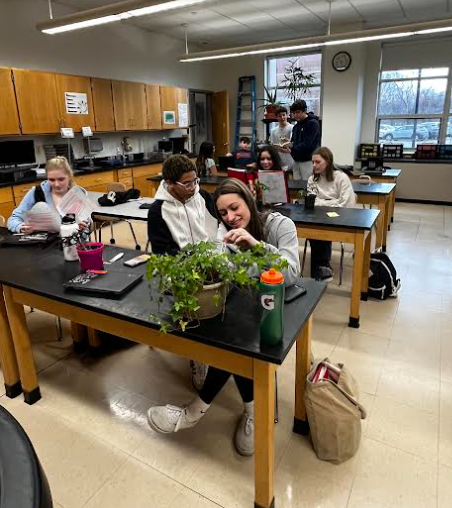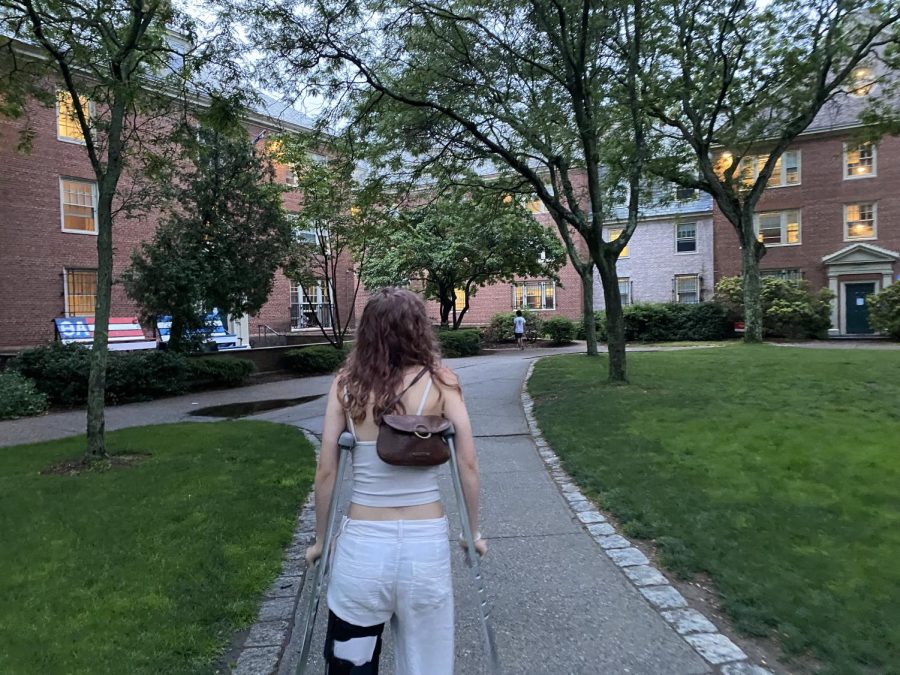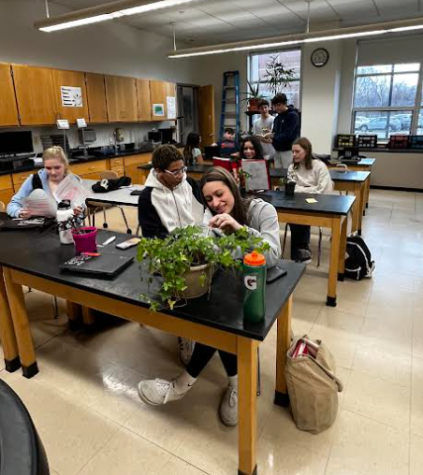COVID-19 updates
October 8, 2020
COVID-19 is a virus that started affecting the global population worldwide in 2019. However, we can not give an exact date of when the virus started. COVID-19 has now killed 200,000 people in just the United States alone. The virus hit the United States in January 2020 and has greatly affected the way people live, work, and learn.
According to the Alert Bay, there have been about 7 million cases and 210,000 deaths in the US and 35 million cases and 104 million deaths worldwide. The virus has affected the world’s education, work and people’s lives in general.
“We expect a vaccine against the novel coronavirus ready by the end of 2020. But once a vaccine is created, it will then take time to make and distribute enough doses to vaccinate the hundreds of millions of people who live in the United States,” said Dr. Anthony Fauci, an epidemiologist on the president’s COVID-19 task force.
According to the World Health Organization, the most common reported symptoms are fever, cough, difficulty breathing, fatigue, body aches, headache, new loss of taste or smell, runny nose, nausea or vomiting, and diarrhea.
According to CNN, the president of the United States, Donald Trump, is being treated at Walter Reed National Military Medical Center after testing positive. On October 5, Trump’s physician, Sean Conley, suggested that Trump was sick earlier than the White House had previously shared. At the same press conference, another doctor, Brian Garibaldi, said that Trump had received the antibody cocktail on Thursday afternoon—a day before the American people were informed that Trump had even been diagnosed.
According to the CDC, COVID-19 can affect mental health. The pandemic may be stressful for people. Fear and anxiety about a new disease and what could happen can be overwhelming and cause strong emotions in adults and children.
As of October 6, 271 tests are authorized by the FDA under EUAs. These include 214 molecular tests, 52 antibody tests, and 5 antigen tests.
The University of Rhode Island has announced that the 2020 semester will start as it traditionally does after Labor Day with an advising day on September 8, and the first day of classes will begin on September 9. In-person classes will end around Thanksgiving break. Classes will continue online for the remainder of the semester until December 14; with final exams delivered online. The schedule will allow for students to travel home during the holiday break, without them having to return to campus until the Spring semester. However, students will be able to access their on-campus housing if needed, and all personal belongings can remain in their rooms during the extended time away from campus.








